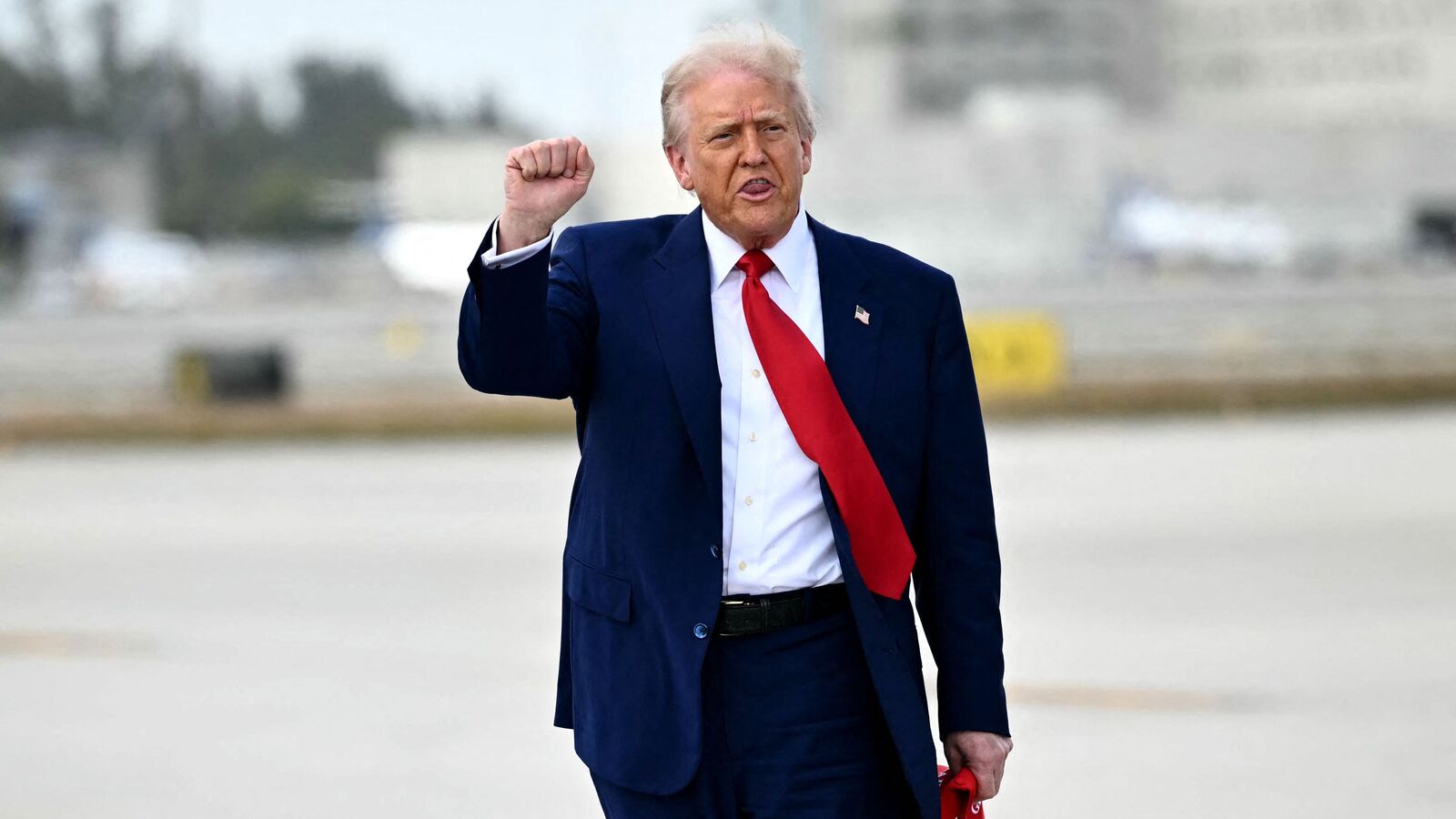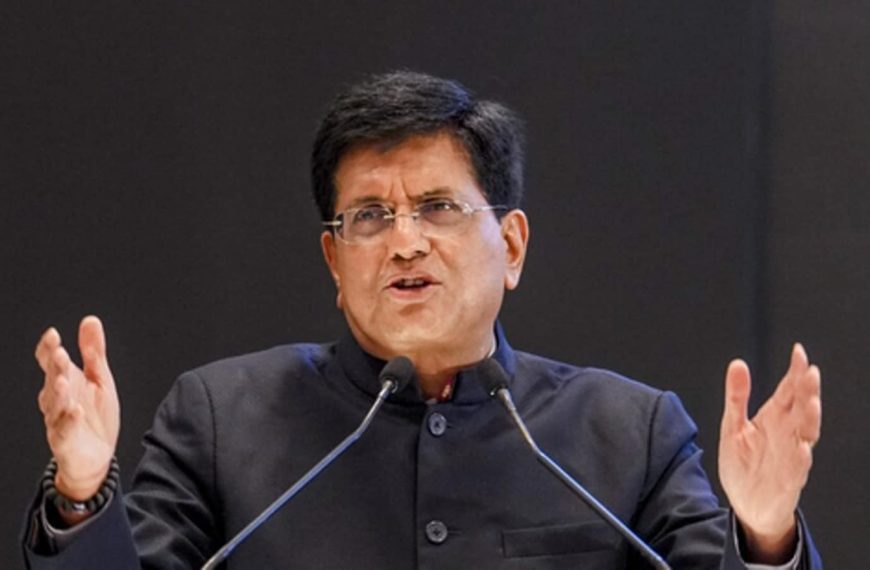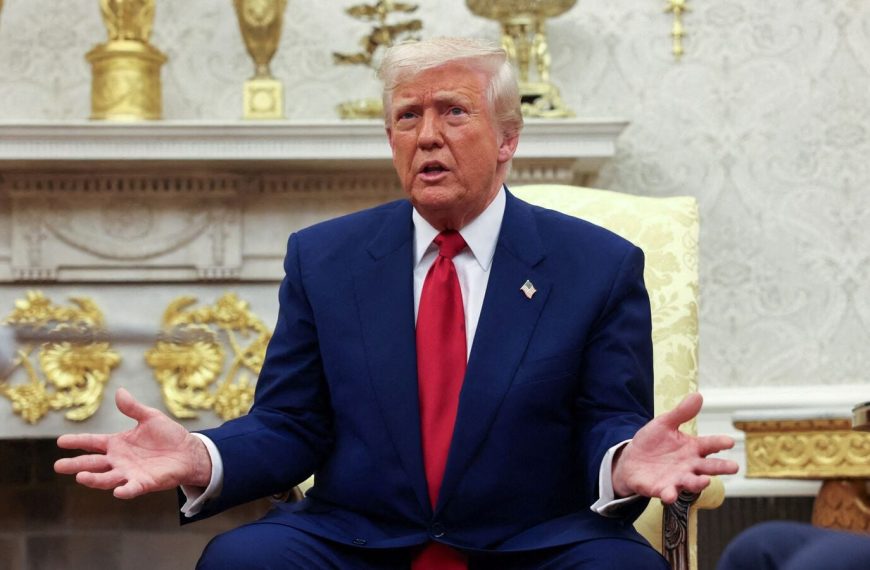The ongoing trade conflict initiated by US President Donald Trump has entered a critical phase, sparking concerns among investors and analysts alike. As tensions rise between the United States and several global nations, Forbes conducted a survey among the top 50 Wall Street leaders, which included prominent billionaire investors and institutional asset managers. Their insights reveal a significant shift in confidence regarding Trump’s economic policies, indicating a turbulent future for the markets.
Investor Sentiment on Trump’s Economic Strategy
A striking 72% of Wall Street’s elite believe that the economic plans laid out by the Trump administration have not been effective. This sentiment is particularly noteworthy given that over half of these investors had previously backed Trump’s presidential bid in January 2025. The survey results showed that 66% of respondents do not endorse Trump’s current economic policies, indicating a fracture among his supporters.
- 54% of investors expressed dissatisfaction with Trump’s ability to implement his economic agenda effectively.
Poll Ratings and Areas of Concern
Forbes also provided a detailed rating of Trump’s policies, using a scale from 1 to 5, where 1 is the least favorable. The findings were revealing:
- Tariff Policy: 1.86
- Stock Market Performance: 1.96
- Executive Orders: 2.10
- Cryptocurrency Actions: 2.00
- US Inflation: 2.16
- Deregulation Initiatives: 3.08 (the highest score)
- Cost-Cutting Measures with Elon Musk in DOGE: 2.96
These ratings reflect significant investor discontent, particularly regarding Trump’s tariffs, which have raised alarms about a potential trade war.
Market Reactions and Economic Implications
The global markets have experienced severe downturns since Trump announced new reciprocal tariffs on imports, with benchmark indices across Asia, Europe, and the US suffering substantial losses. Following China’s retaliatory tariffs on US goods, more than $5 trillion in market capitalization vanished in a single day. The Dow Jones fell by over 2,200 points, while the Nasdaq Composite and S&P 500 also faced steep declines.
- US Dollar: Decreased over 1% against the Euro and Japanese Yen.
Economic Experts Weigh In
Economists are increasingly critical of Trump’s tariff strategy. Preston Caldwell, chief economist at Morningstar, characterized the tariffs as a “self-inflicted economic catastrophe,” cautioning that continued tariff increases could permanently diminish the US GDP and negatively impact living standards.
UBS analysts predict the US GDP growth rate may dip below 2% in 2025, while Deutsche Bank forecasts even grimmer outcomes.
- Adam Turnquist, Chief Technical Strategist at LPL Financial, noted that the combination of lower growth and rising inflation presents a challenging environment for equity markets.
Sector-Specific Impacts
While sectors like automotive might escape the immediate brunt of these tariffs, industries such as clothing and apparel are bracing for significant disruptions due to reliance on imports from countries like China and Vietnam.
As uncertainty looms, Wall Street’s confidence in Trump’s leadership is waning. Chris Zaccarelli, CIO of Northlight Asset Management, remarked on the swift decline of optimism that had previously characterized the market.
In conclusion, as the ramifications of Trump’s economic policies unfold, investors and analysts alike are left grappling with the potential long-term consequences for the US economy and global markets.











